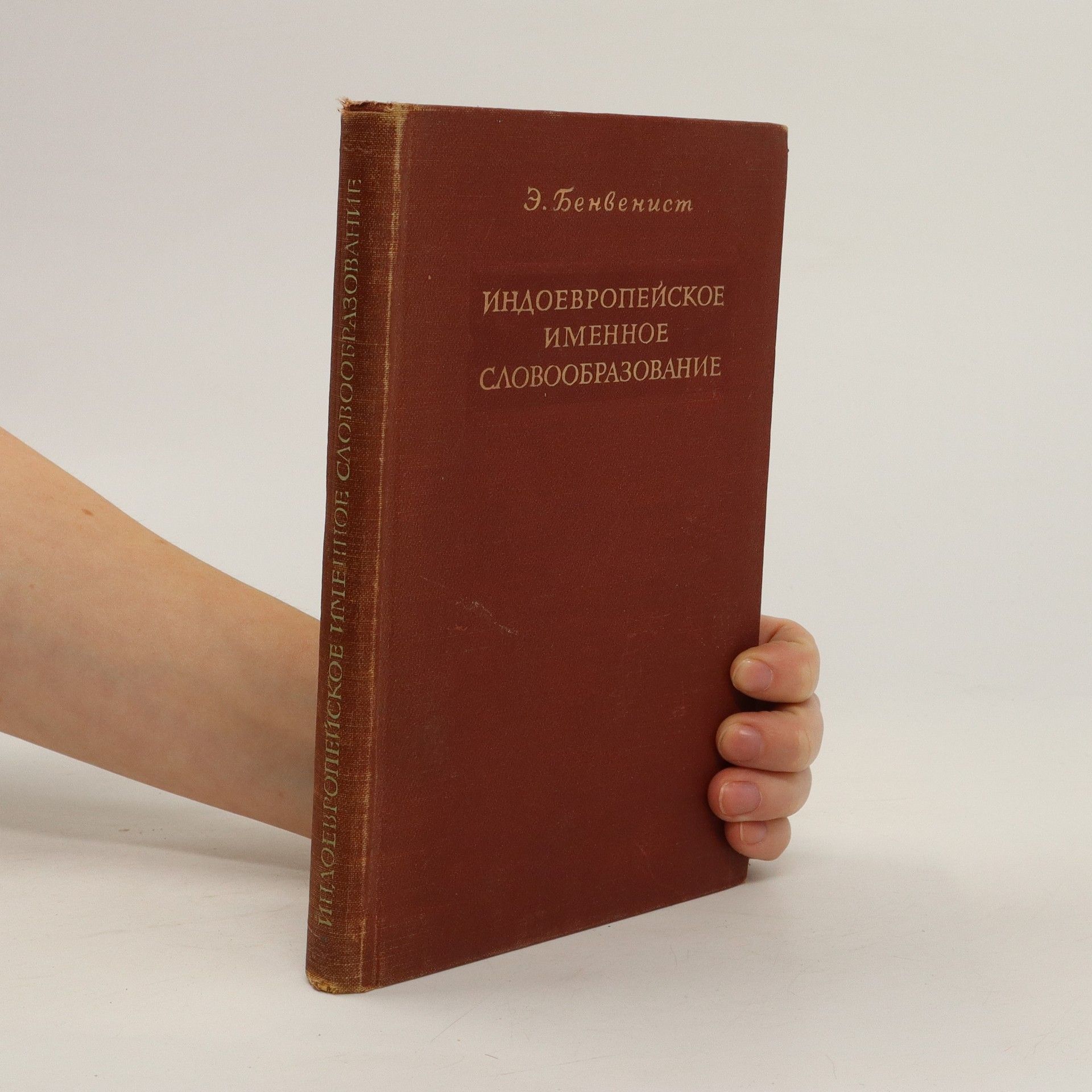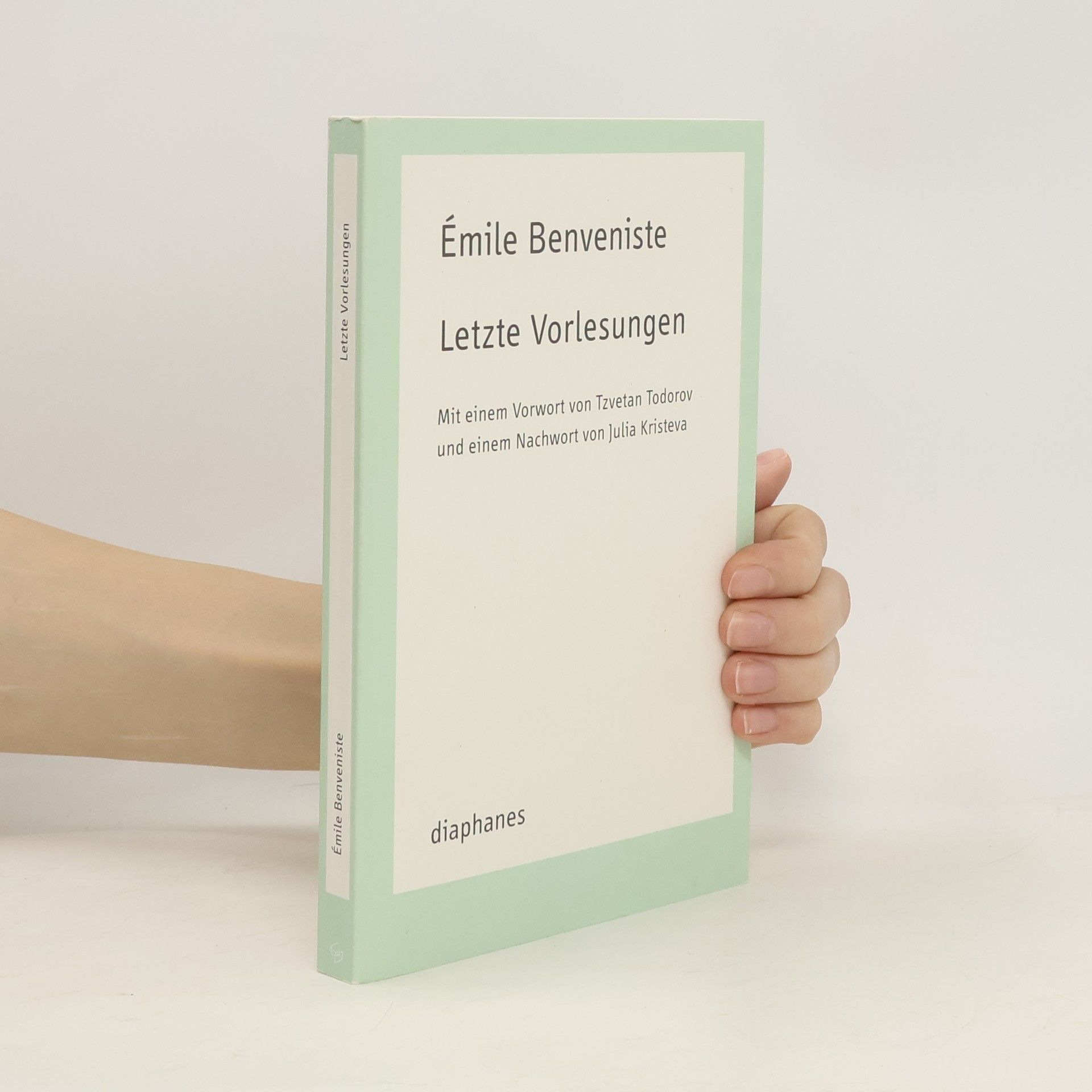Since its publication in 1969, Émile Benveniste’s Vocabulaire—here in a new translation as the Dictionary of Indo-European Concepts and Society—has been the classic reference for tracing the institutional and conceptual genealogy of the sociocultural worlds of gifts, contracts, sacrifice, hospitality, authority, freedom, ancient economy, and kinship. A comprehensive and comparative history of words with analyses of their underlying neglected genealogies and structures of signification—and this via a masterful journey through Germanic, Romance, Indo-Iranian, Latin, and Greek languages—Benveniste’s dictionary is a must-read for anthropologists, linguists, literary theorists, classicists, and philosophers alike. This book has famously inspired a wealth of thinkers, including Roland Barthes, Claude Lévi-Strauss, Pierre Bourdieu, Jacques Derrida, Umberto Eco, Giorgio Agamben, François Jullien, and many others. In this new volume, Benveniste’s masterpiece on the study of language and society finds new life for a new generation of scholars. As political fictions continue to separate and reify differences between European, Middle Eastern, and South Asian societies, Benveniste reminds us just how historically deep their interconnections are and that understanding the way our institutions are evoked through the words that describe them is more necessary than ever.
E. mile Benveniste Boeken
Émile Benveniste was een Franse structurele taalkundige en semioticus wiens baanbrekende werk zich verdiepte in Indo-Europese talen. Hij herformuleerde op kritische wijze het door Ferdinand de Saussure vastgestelde linguïstische paradigma. Benvenistes analyses belichtten diepgaande verbanden tussen taal, denken en cultuur, en beïnvloedden talrijke geesteswetenschappelijke gebieden. Zijn impact resoneert nog steeds in de taalkunde, filosofie en semiotiek.

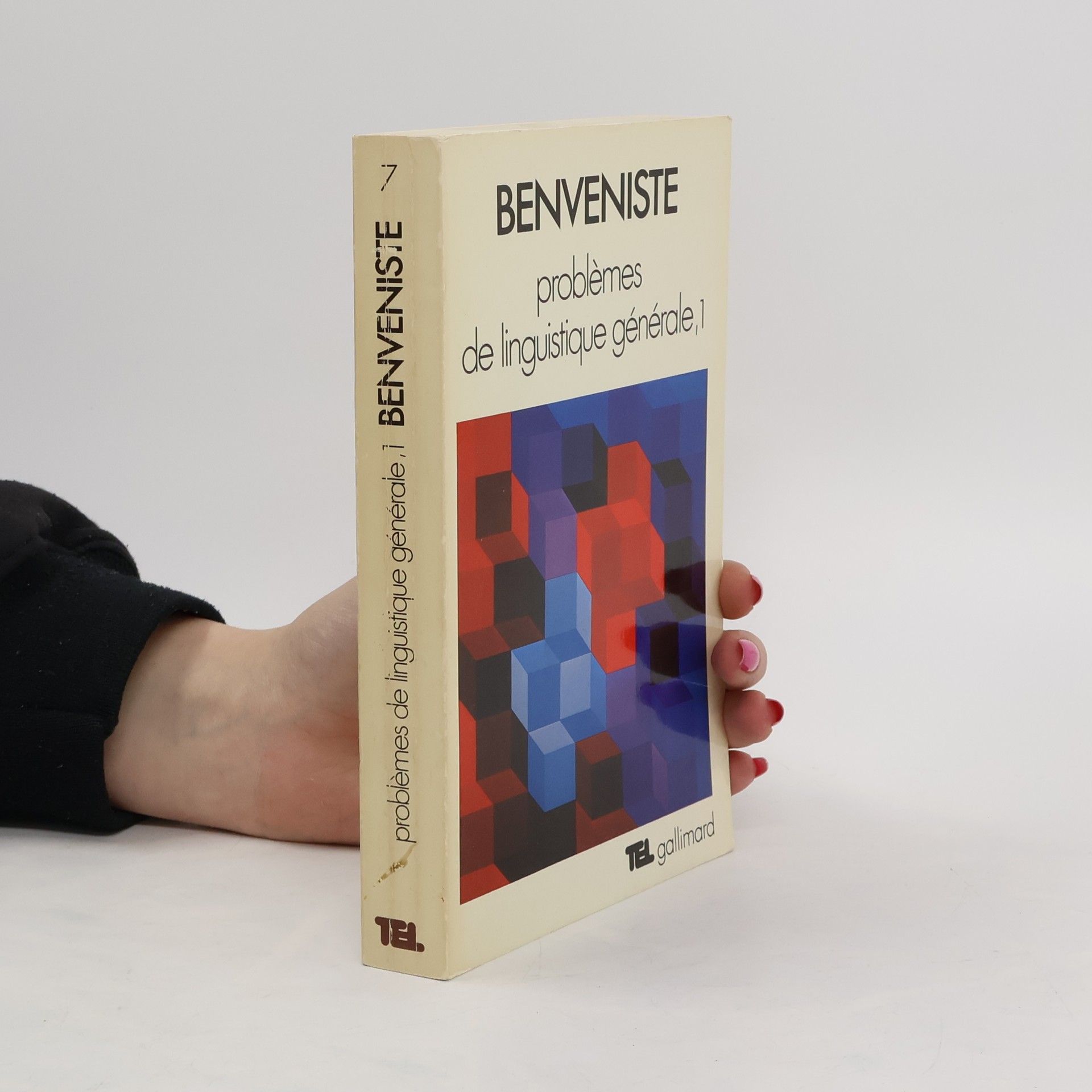

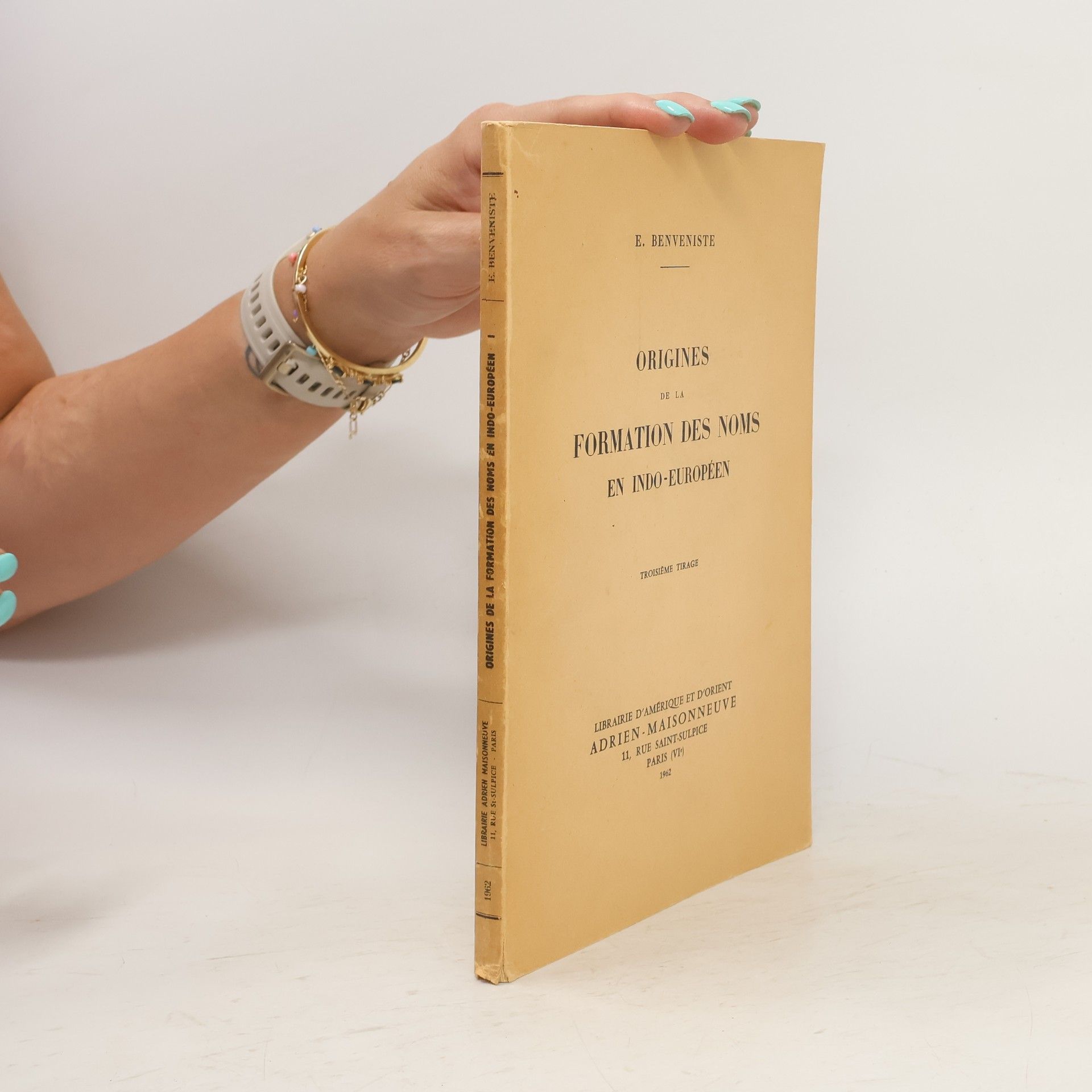
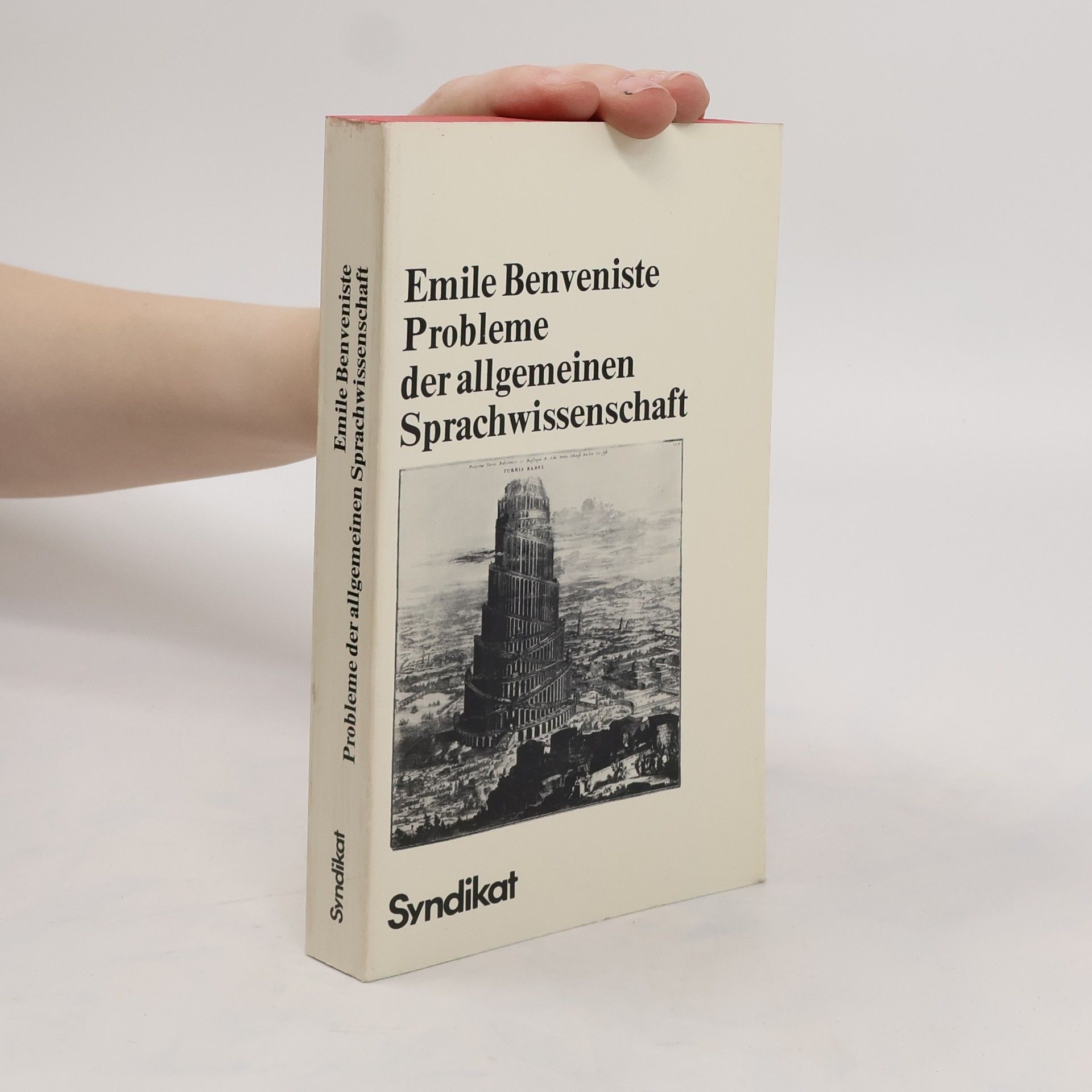
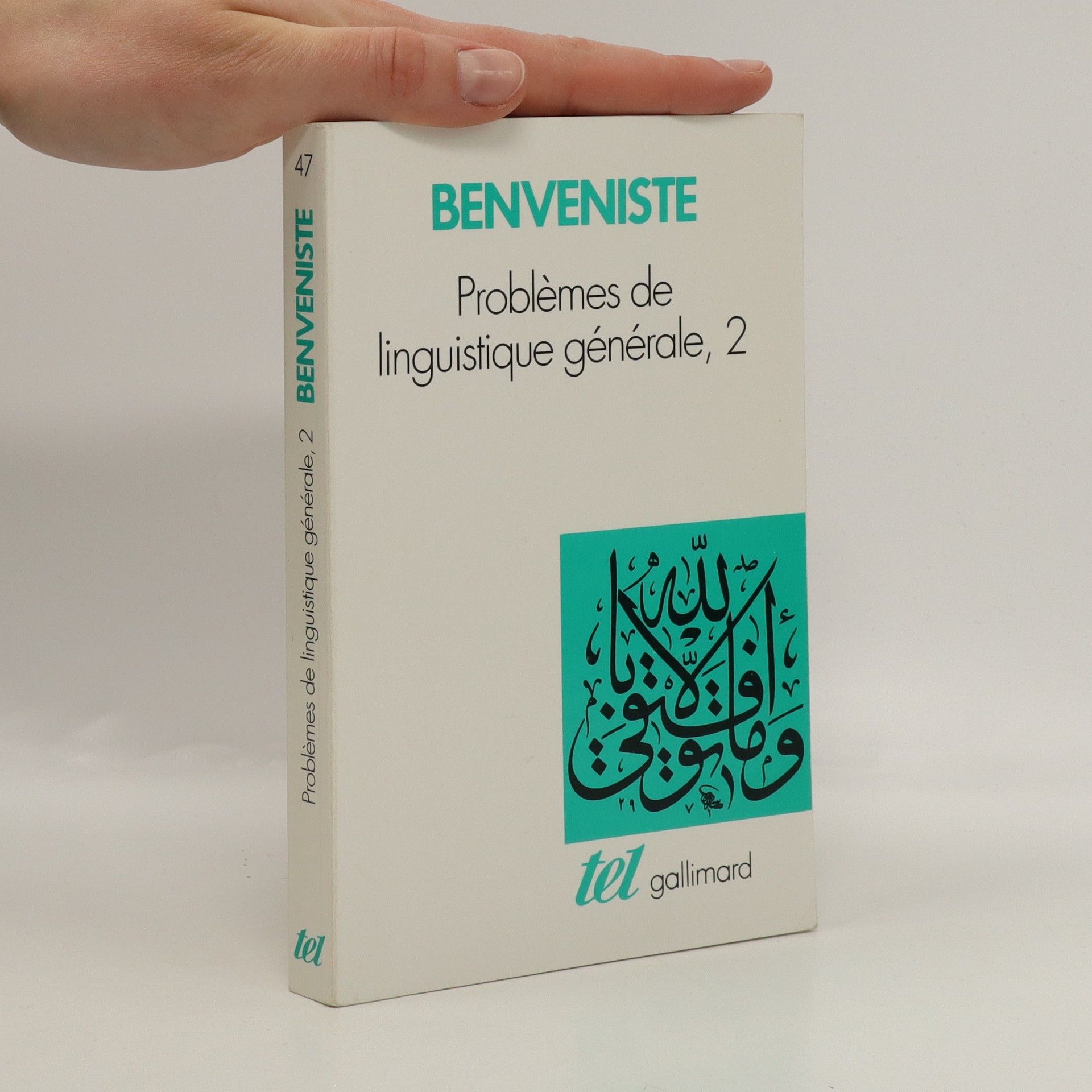

Ce second volume de Problèmes de linguistique générale réunit vingt études importantes parues de 1965 à 1972 qui complètent une vaste introduction à une problématique du langage. Les deux premiers articles, sous forme d'entretiens, traitent de l'évolution de la linguistique et des changements survenus dans les doctrines du langage. On passe ensuite au problème fondamental de la communication et du signe, au développement de la sémiologie de la langue. La notion de structure - structure de la langue et structure de la société - et celle de fonction sont l'objet des études suivantes. La syntaxe vient ensuite avec la composition nominale et les relations d'auxiliarité. Deux études visent à montrer comment l'homme est implicite dans la langue, "L'antonyme et le pronom en français moderne" et "La forme et le sens dans le langage". Enfin on trouvera dans les derniers chapitres la poursuite de recherches sur la genèse de certains termes culturels ou concepts importants comme l'histoire du terme "scientifique" , l'étude de "la blasphémie et l'euphémie" ou l'analyse de "deux modèles linguistiques de la cité".
Probleme der allgemeinen Sprachwissenschaft
- 406bladzijden
- 15 uur lezen
